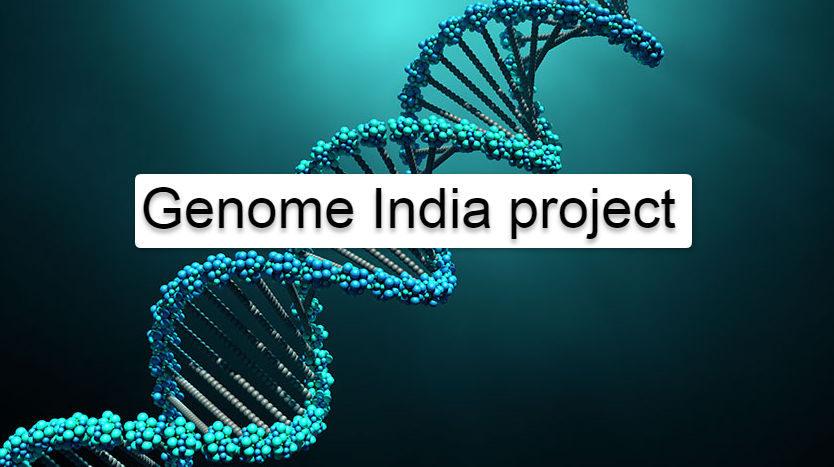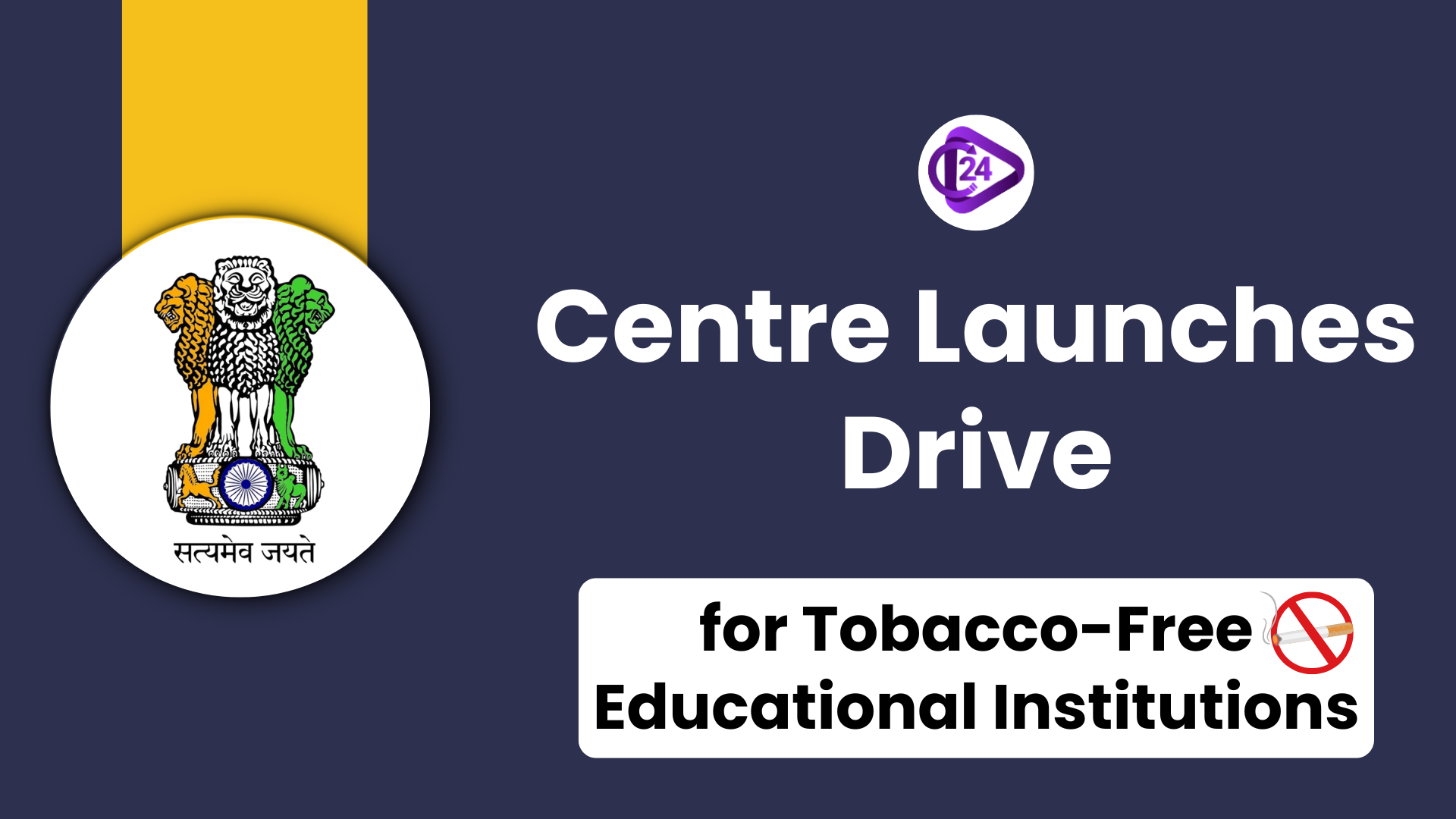
The GenomeIndia project started its mission in 2009 as a research collaboration between 20 Indian organizations that worked to decipher the genetic variations within India's large population. The collected genomic data consisted of 10,074 samples but the detailed evaluation centered on 9,772 individuals. A total of 85 Indian populations participated in the study by providing blood samples while tribal group members numbered 32 and non-tribal members amounted to 53. Through the leadership of CSIR-CCMB in Hyderabad the GenomeIndia project conducted genome sequencing at several institutions including the Centre for Brain Research at IISc Bangalore and at the Institute of Genomics & Integrative Biology in Delhi and the National Institute of Biomedical Genomics in Kolkata and Gujarat Biotechnology Research Centre in Gandhinagar.
Context:
-
The preliminary stage of GenomeIndia research has discovered 180 million genetic variants after processing whole genome sequences from 9,772 unaffected and non related people who belonged to different Indian populations.
-
Both tribal populations and non-tribal populations in the collected data will drive the development of low-cost diagnostics and personalized medicines to establish precision healthcare in India.
Key Highlights:
-
Sample Diversity: The project used 85 different population groups which included both 32 tribal groups and 53 non-tribal groups to achieve comprehensive representation. The median participant count reached 159 for non-tribes while the tribal group included 75 members.
-
Participant Demographics: 4,696 out of 9,772 participating individuals were male while 5,076 were female in the analyzed population.
-
Sequencing Effort: 10,074 whole genome sequencings took place but researchers analyzed 9,772 samples after discarding information from two populations.
-
Variant Discovery: Researchers discovered 180 million genetic variants that led to essential data findings during the study.
-
130 million in autosomes (non-sex chromosomes)
-
50 million in sex chromosomes (X and Y)
-
-
Disease Relevance: Some disease-related variants help determine how people react to diseases along with how they are affected by treatments but these genetic elements are both specific to unique populations and rare.
-
Functional Importance: Research teams seek to locate variants with functional importance by examining components that determine both disease exposure and the reactions of pharmaceuticals together with the adaptation to environmental situations such as elevation changes and reduced atmospheric oxygen.
-
Applications:
-
Development of low-cost diagnostic kits
-
Personalised and precision medicine
-
Better understanding of complex diseases and genetic adaptations (e.g., high-altitude survival)
-
The data maintains potential value to build variant panels which could benefit future research involving sequencing and genotyping work.
-
Through its mechanisms the system helps researchers recover data from small-sized genotyping experiments.
-
-
Data Repository: Genomic data operates as a repository within the Indian Biological Data Centre (IBDC) which maintains its location at Regional Centre for Biotechnology in Faridabad, Haryana.
-
Future Prospects: The genome data integration process with blood biochemistry results alongside anthropometry measures will lead to superior diagnostic capabilities and therapeutic precision for patients. Researchers will publish a detailed paper within upcoming months.
Conclusion
The GenomeIndia project stands as a major advancement in studying the genetic features of Indian people. The 180 million genetic variants provide a basis to forecast diseases and advance diagnosis and customized healthcare. The widespread genomic sequencing project combined with extensive inter-institutional collaboration proves India's ability to conduct advanced genomic research which delivers long-term benefits to healthcare innovation. The pioneering research contains local empowerment along with global genomic database contribution for understanding human diversity and evolutionary patterns.



 Maharashtra abolishes Three-Language Policy in Primary Education
Maharashtra abolishes Three-Language Policy in Primary Education Bihar Becomes First State to Use Mobile App for Voting
Bihar Becomes First State to Use Mobile App for Voting Digital Fossil-Mining Reveals the Ancient Origins of Squids
Digital Fossil-Mining Reveals the Ancient Origins of Squids Axiom-4 Mission Launch Postponed to June 11 Due to Weather Conditions
Axiom-4 Mission Launch Postponed to June 11 Due to Weather Conditions India's First Indigenous Polar Research Vessel: A Major Step in Polar and Ocean Research
India's First Indigenous Polar Research Vessel: A Major Step in Polar and Ocean Research Govt. to Bring New National Policy on Senior Citizens
Govt. to Bring New National Policy on Senior Citizens India has now become the fourth biggest economy globally and is set to pass Germany.
India has now become the fourth biggest economy globally and is set to pass Germany. Centre Launches Nationwide Drive to Make Educational Institutions Tobacco-Free
Centre Launches Nationwide Drive to Make Educational Institutions Tobacco-Free India Rolls Out Biometric E-Passports for Faster, Safer Travel
India Rolls Out Biometric E-Passports for Faster, Safer Travel






